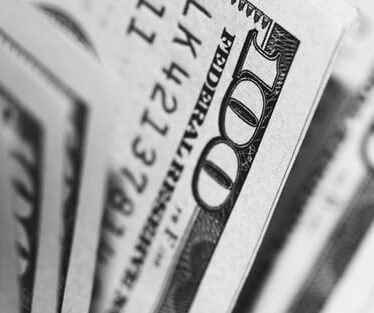In an unprecedented attempt to curb the spread of COVID-19, Americans across the country have been ordered to stay home and leave only when necessary. Rhode Island is no exception; Governor Gina Raimondo has declared a state of emergency, shut down most non-essential businesses, and implemented strict social-distancing measures. But as the virus spreads and remedial measures grow tighter, many individuals have begun stockpiling essentials. Grocery stores and big-box stores alike have been stripped of staples ranging from bread and milk to toilet paper and hand sanitizer. Barren shelves have indeed become a familiar sight.
COVID-19 stockpiling has left many businesses looking for new suppliers to meet such extraordinary demand. However, it is an axiomatic principle of economics that increases in demand lead to increases in price. Unfortunately, the increased cost of procuring goods leads to corresponding increases in the price to consumers.
In such circumstances, businesses must be vigilant to not run afoul of Rhode Island law. State statutes prohibit price gouging when the Governor has declared a state of emergency. See R.I. Gen. Laws § 6-13-21. Price gouging is the act of charging “unconscionably high prices” for essential goods that are characterized by a “gross disparity” between the average price of a particular good, and the price charged after an emergency declaration. R.I. Gen. Laws § 6-13-21(1). Essential goods are those things “necessary for consumption or use as a direct result of the market emergency.” R.I. Gen. Laws § 6-13-21(3). This definition would embrace not only foodstuffs, but toilet paper and hand sanitizer as well. The General Assembly enacted this statute to stem opportunistic behavior by businesses seeking to capitalize on emergency situations.
Accordingly, businesses should rightly take pause before increasing the price of essential goods. But businesses should also be aware that bona fide price increases are permissible where “substantially attributable to increased cost to retailers, imposed by their suppliers, including replacement costs imposed by the vendors’ source.” R.I. Gen. Laws § 6-13-21(1) (emphasis added). Therefore, if businesses encounter cost increases from their suppliers, they may be able to raise their own prices in response and potentially avoid violating State consumer protection law.






